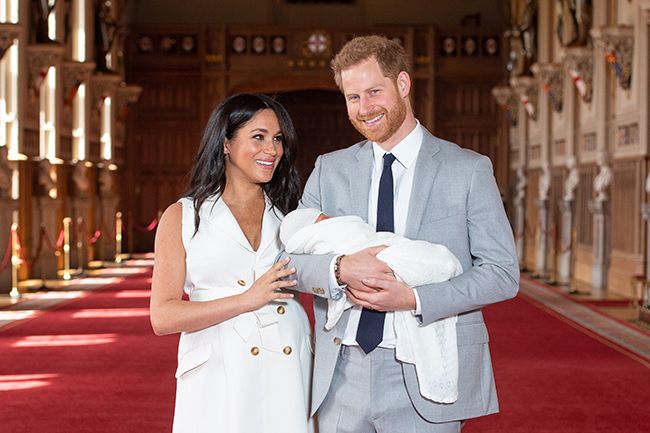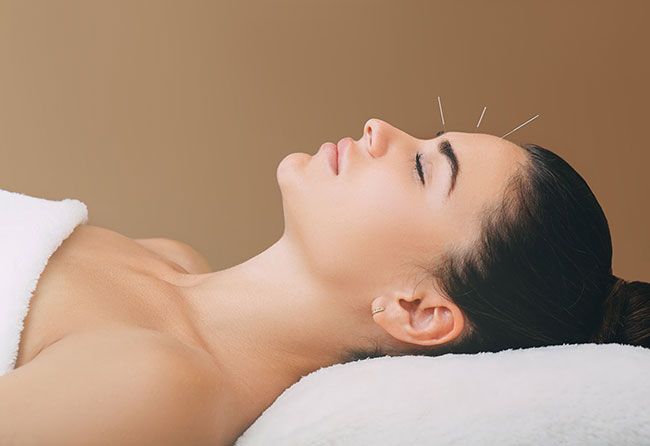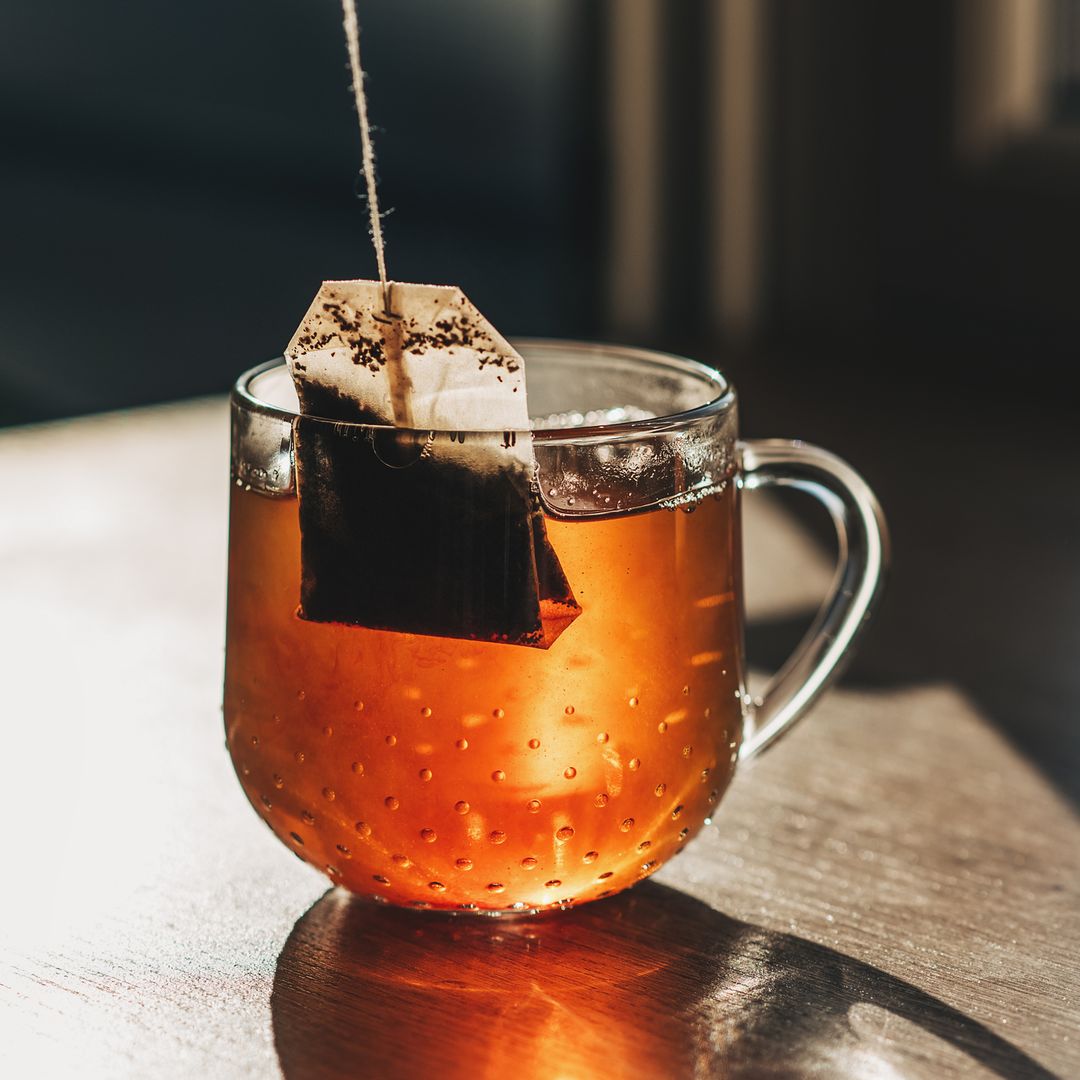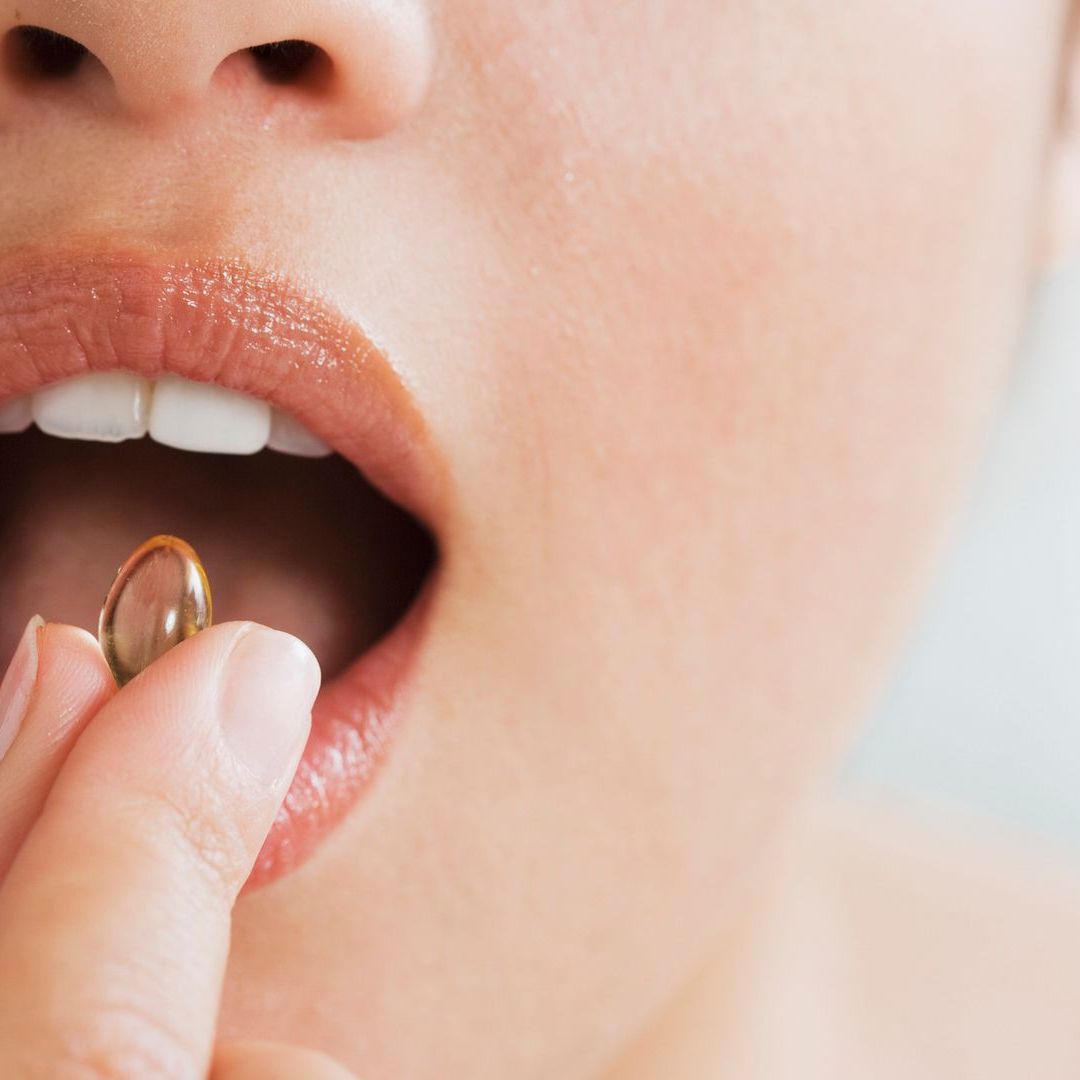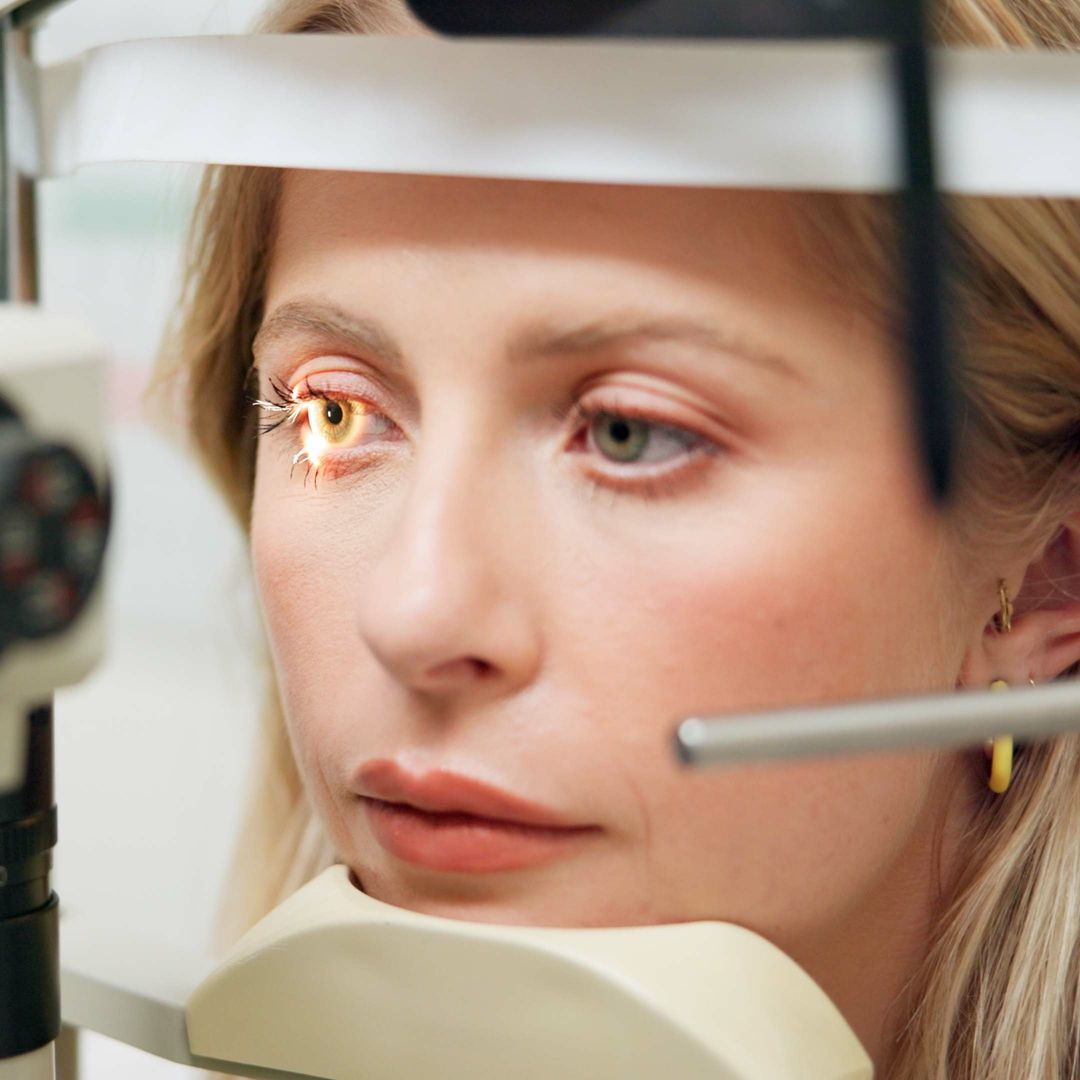Meghan Markle has broken barriers by opening up about the struggles of motherhood, memorably tearing up when she admitted she was "not really OK" after the birth of her first child, Archie Harrison.
READ MORE: 15 unusual royal baby traditions you might not have heard of
The Duchess of Sussex, who has just welcomed a baby girl named Lilibet Diana with her husband Prince Harry, might be living a very different life in LA this time around, but the feelings of post-partum loneliness and anxiety can affect new mums everywhere.
A recent study by The Mum Club – the modern day mumsnet, which recently launched with a new e-zine, forum and franchise option for mums – found that 89 per cent of mums related to Meghan's feelings, and over half felt like they had no one to speak to about it.
WATCH: Meghan Markle's baby bump evolution
Don't worry if this is you – you're not alone. Ross J Barr, a leading acupuncturist who treated Meghan when she lived in London, explains why a psychological MOT is an essential appointment for all new mothers, not just royals.
Is it normal to feel low after birth?
"Yes!" says Ross. "When I see people that feel post-natally down, it is often linked to blood deficiency and exhaustion, which most mums have. Interestingly if you look up the symptoms for anaemia, they are pretty much the same as depression. One of the biggest causes of post-natal depression is that women are generally anaemic."
RELATED: Remember Meghan Markle's gold bar earrings? Amazon has a near-identical pair
DISCOVER: How Prince Harry and Meghan Markle have sparked a comeback in vintage baby names
He adds: "Quite often in the period after birth, you don't feel like you're residing in yourself, you just go on autopilot, and a part of this comes from a primal instinct, and for the rest of it, you're just bumbling along and making it up as you go along."
"I would say there's definitely a trend with the women I see, and it's a combination of depletion, blood loss and shock. When you get depleted, you feel like a weaker version of yourself, and you're more vulnerable. It's important to nourish the mum and to fortify her. "
Meghan enjoyed acupuncture sessions while living in the UK
What is a post-natal psychological MOT?
"A post-natal psychological MOT can help the body to rebalance and reset itself, as well as relieving stress and anxiety post-birth. Using acupuncture, we treat the shock, and often blood loss, of labour, by pinpointing areas that would benefit from stimulation or need calming.
"There are particular points in acupuncture that are aimed to treat shock and trauma. It is not a luxury that's reserved for celebrities. This is an essential treatment that anyone can access".
Why would I need one?
"There's a lovely saying in Chinese medicine that the best way to stop a crying baby is to treat the mother, and that is the basis for a lot of what we try and do," Ross says. "We initiate the mother to focus on herself more, this is for the benefit of her baby. It’s not a selfish act, it's a necessary one."
LISTEN: Meghan Markle narrates her debut children's book inspired by Harry and Archie
The appointments are 45 minutes of necessary 'you' time, where you lie down on a comfy bed and the acupuncturist treats your mental and physical state. Ross estimates two to five treatments might be necessary, but the first can be the "most life-changing".
Acupuncture can work wonders for new mums
What does a post-natal psychological MOT involve?
The acupuncturist will treat your mental and physical state. "First, we check your pulse points, which lasts for around 5 to 10 minutes. This is a key factor for achieving a good diagnosis, as it enables you to see what's going on internally", says Ross.
SEE MORE: 10 jaw-dropping facts about Meghan Markle's iconic royal wedding dress
Next, the acupuncturist selects points based on any symptoms that the client reports combined with the analysis of your pulses. The painless needles are placed in for roughly ten to 20 minutes.
Ross says: "Often a mum will come in, and if we do it right, then her tired, ashy complexion will change from start to finish. Usually, you will leave feeling brighter but look it too!"
The Mum Club has teamed up with *PANDAS, who provide free support services for parents struggling with their perinatal mental health. Their free helpline (0808 1961 776) offers support Monday to Friday and they offer peer to peer support for every parent. For more information, head to pandasfoundation.org.uk.

